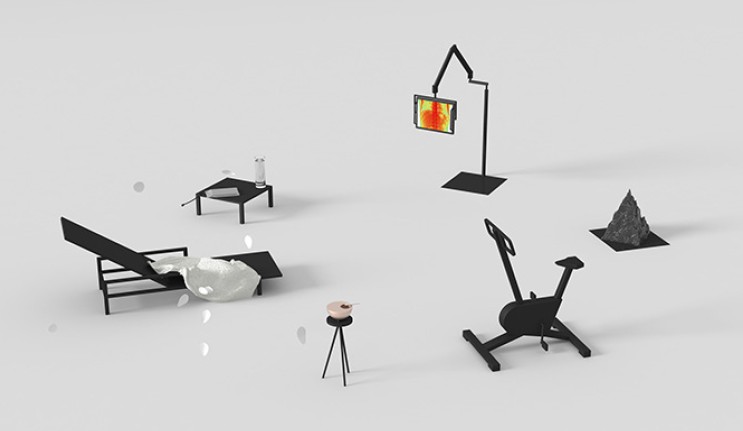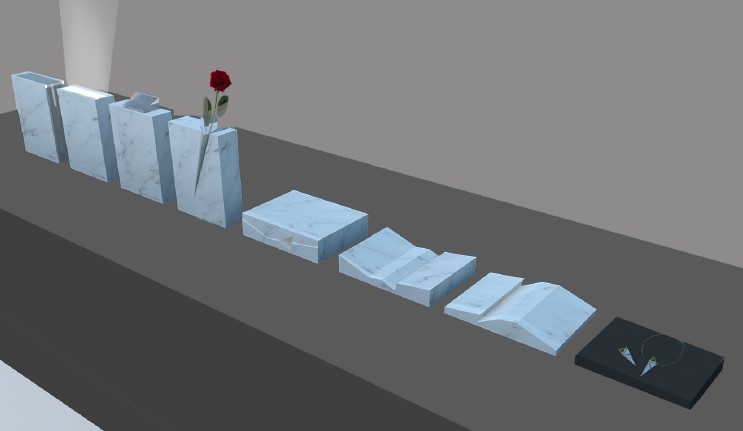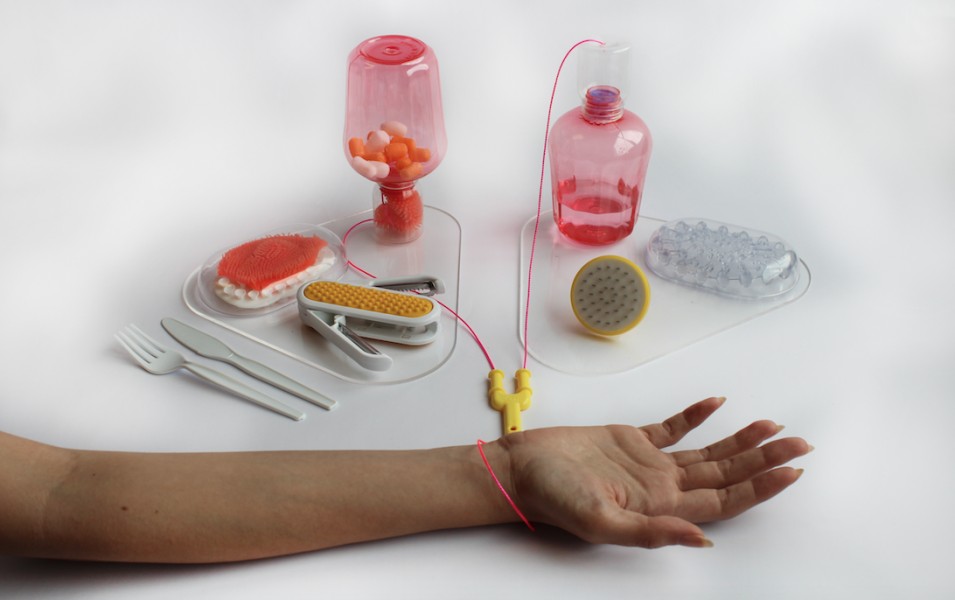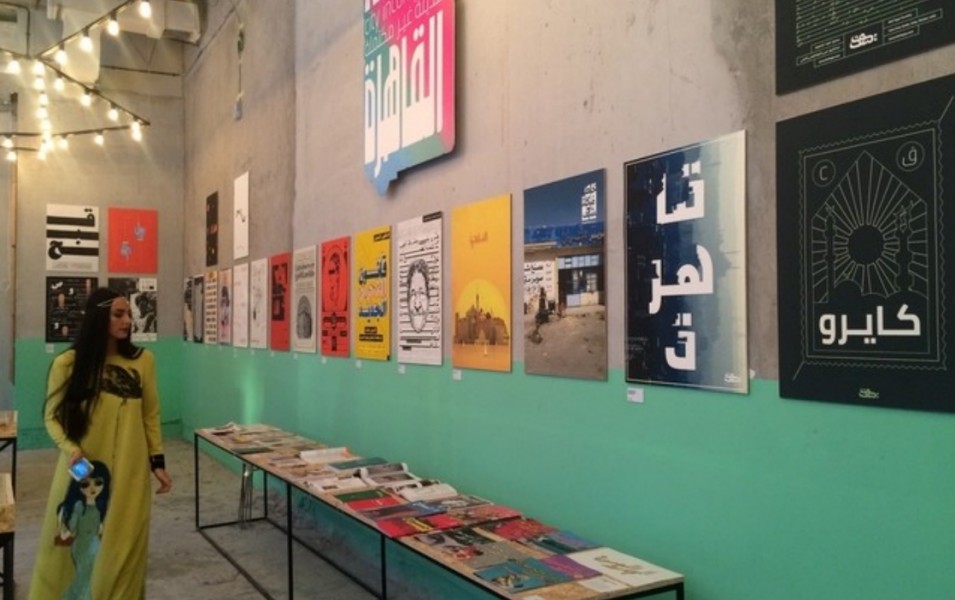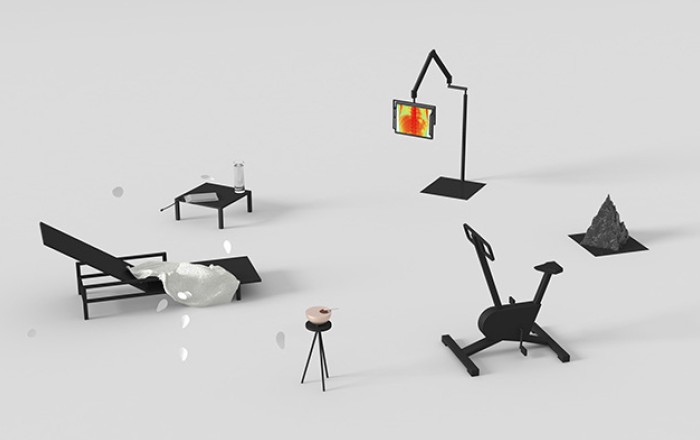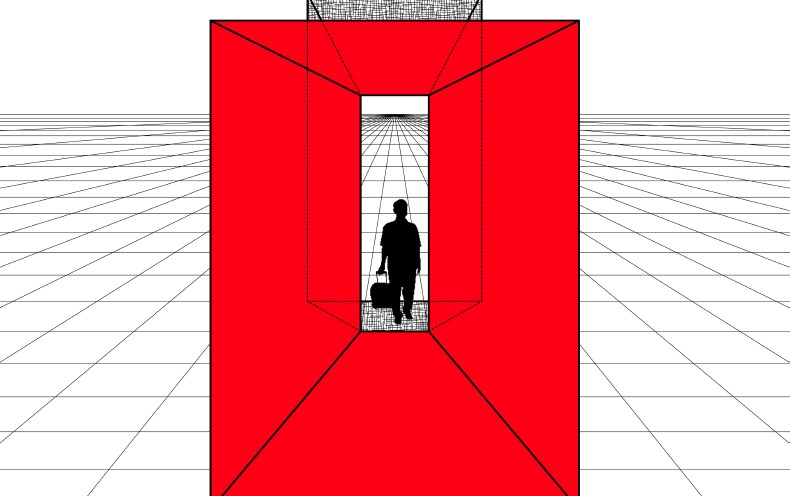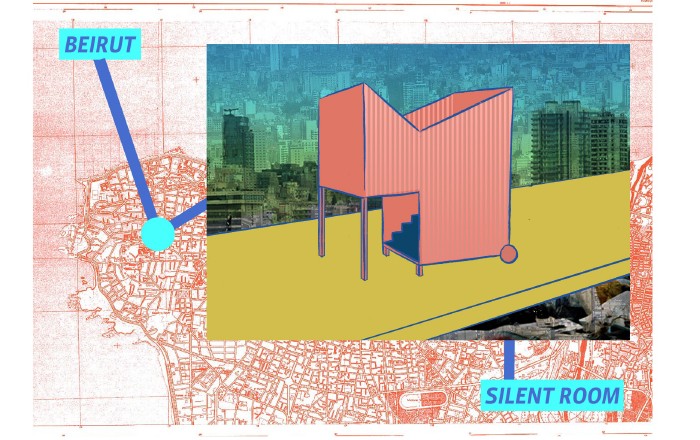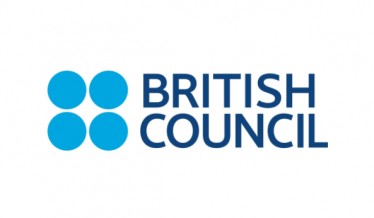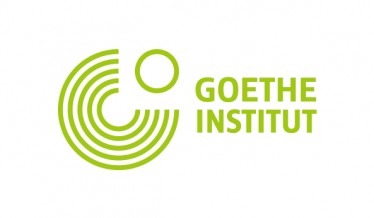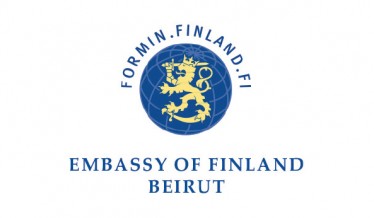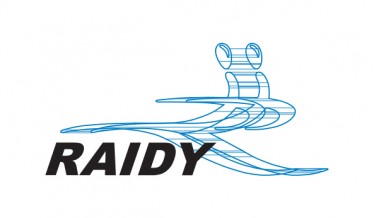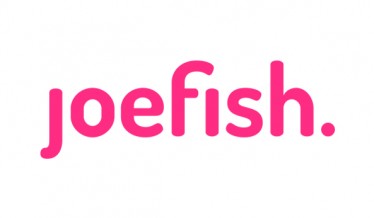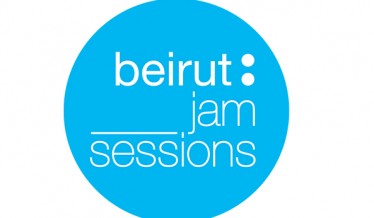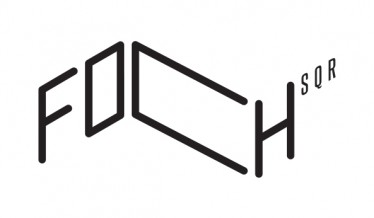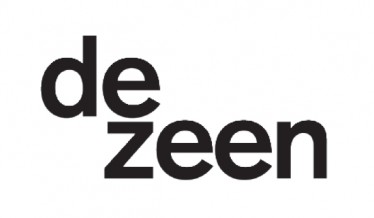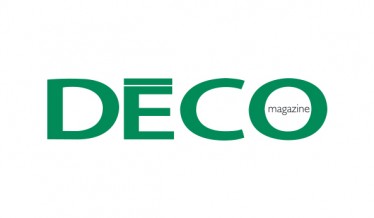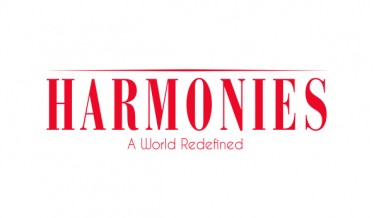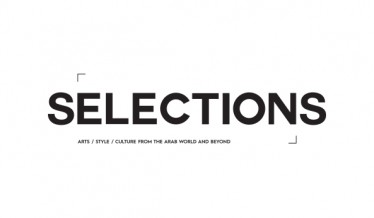Fantastic Devices by Amelie Goldfuss: The devices are all fictional, often dealing with technologies that are not yet or just so available. They are supposed to provoke thought and conversation and to help to find out about people's opionons about these technologies. There is for example an algorithmic decision maker (helps you making hard decisions by using your personal data), a cargo drone for household (brings your lunchs if you left in on the kitchen table), a phone that is fit to withstand your computer/phone/technology rage, a phone that lets you talk with AI representations of dead people, a navigational drone for pedestrians, a DIY injection kit for NFC-chips and food for your household robot.
Life is Good for Now by Bernd Hopfengärtner: Let’s say, in the coming years, Switzerland has managed to fully realize the right of informational self determination devising a functional infrastructure to protect it. Every citizen would have total control of their personal data, granting or denying access to anyone else. Huge data collections would be accumulated, but with people's knowledge and consent. The power of data analysis to improve medical treatment, uncover hidden relationships or design more efficient systems could be fully harnessed, without having to worry about its dark sides. This hypothetical future allows to refocus from the dangers of data abuse to the logic of data analysis. How would it condition the way we think about ourselves, our relationships, how we tell stories?
The Need to Mourn by Karma Dabaghi: The project acknowledges the presence amongst us of loved ones who passed away. It is a collection of functional objects that addresses the need to grieve. The objects that live within the home are to be displayed, used and touched. They address complex human feelings of loss, sadness and emptiness, then create a transition towards acceptance and hope. These objects have double agency; they satisfy a ‘real spiritual need’, and aspire to change mentalities by proposing a new kind of everyday utilitarian family of objects. The usually unacknowledged behaviors of mourners are expressed through new types of objects, thereby helping users through times of immense distress, and changing the approach that society has to the process of mourning.


